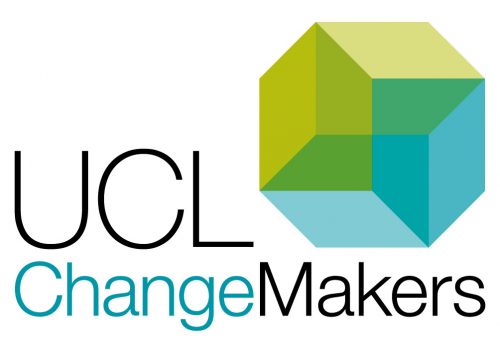THE TEAM
Staff leads: Dr Rana Khalife, Dr Chika Nweke
Student lead: Pierre Springuel
DEPARTMENT
Biochemical Engineering
WHAT HAPPENED?
Research has shown that the potential skills gap in engineering, exacerbated by the pandemic, has started to show when graduates go out into engineering industries (Hou 2020). Final year students in the department have also expressed worries via personal tutoring sessions about how the gap in lab skills will impact their employability and this has also been discussed in staff meetings, together with resulting increased burden on careers support from the departmental careers liaison officer and the UCL Engineering Careers team. It is holistically believed that the outcome of this project should not only help current and former students but can also help to alleviate some of the pressures on staff and industry. In understanding the impact of Labster, a number of stakeholders will benefit. If proved successful, the tool can be applied to other modules in the department with minimal staff training, meaning that academic and teaching staff can use it to train UG, PGT and PGR students. The tool can also be used in the training of industrial delegates who receive training from our department via MBIs (Modular Training for the Bioprocess Industries). The results of this study may also highlight some limitations of the tool, which can be fed back to the company that designed Labster, who the UCL Digital Education team have built a relationship with.
WHAT ADVICE OR ENCOURAGEMENT WOULD YOU GIVE TO SOMEONE THINKING OF DOING A CHANGEMAKERS PROJECT?
Have a good timetable for the project, make sure you would be able to give the survey/do workshop before term end. Even ask the students for feedback on the project.
